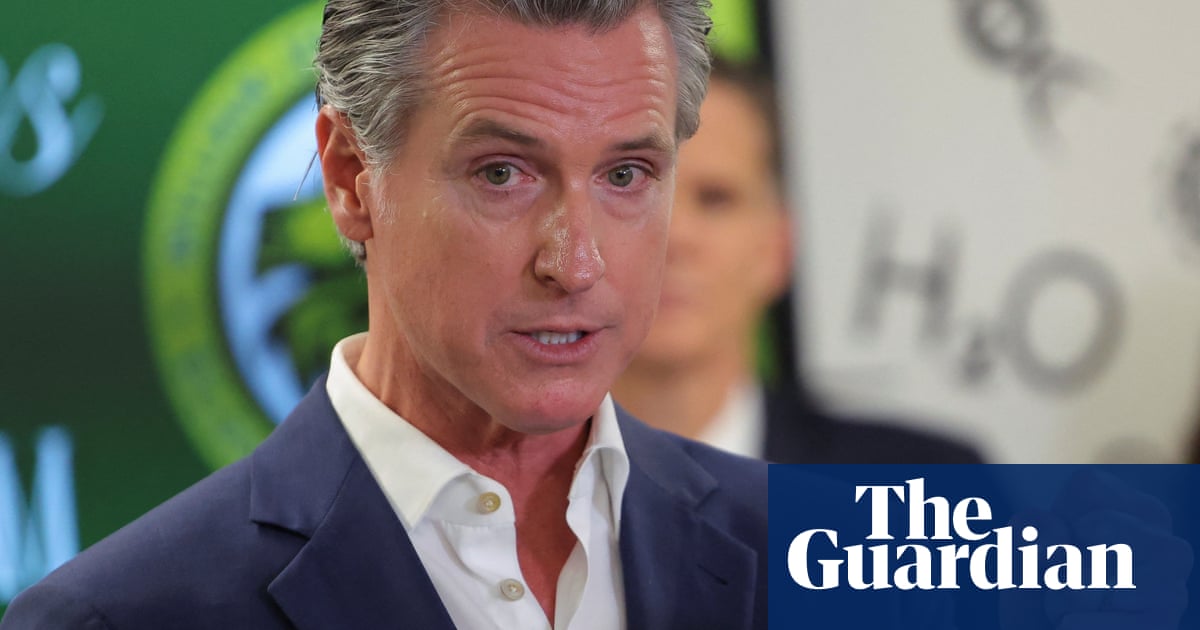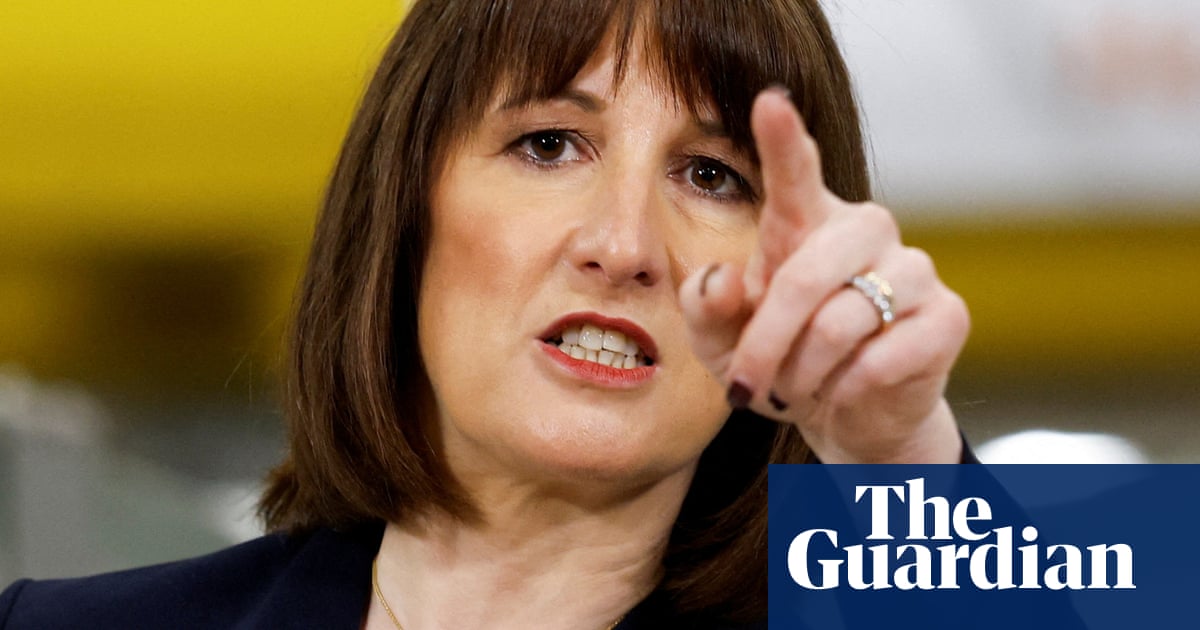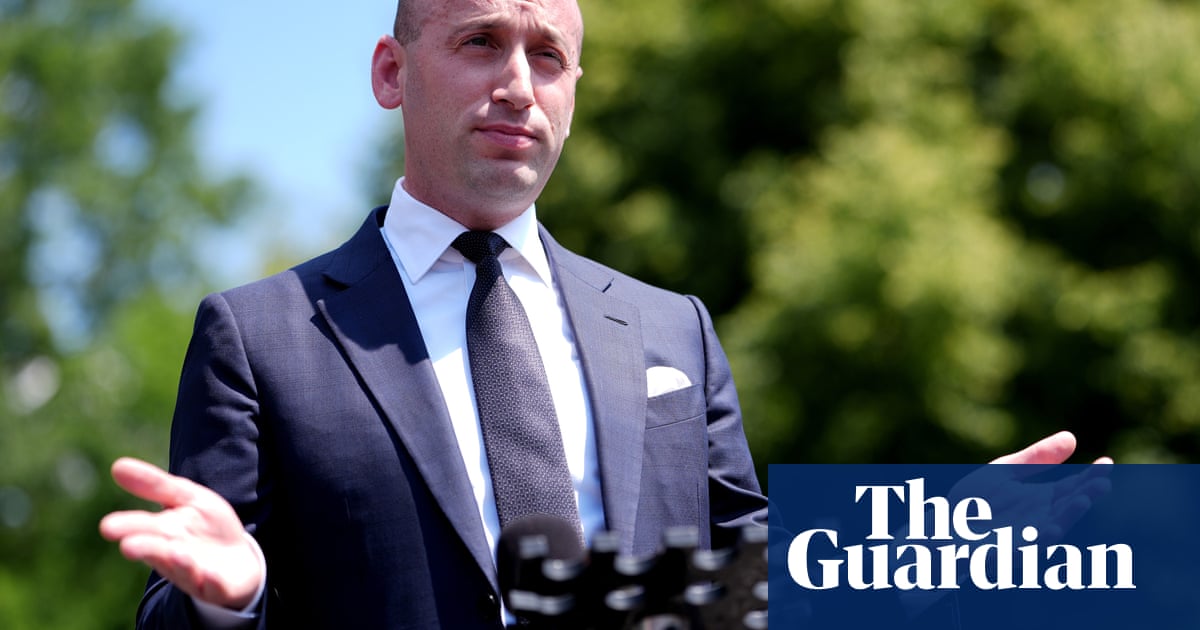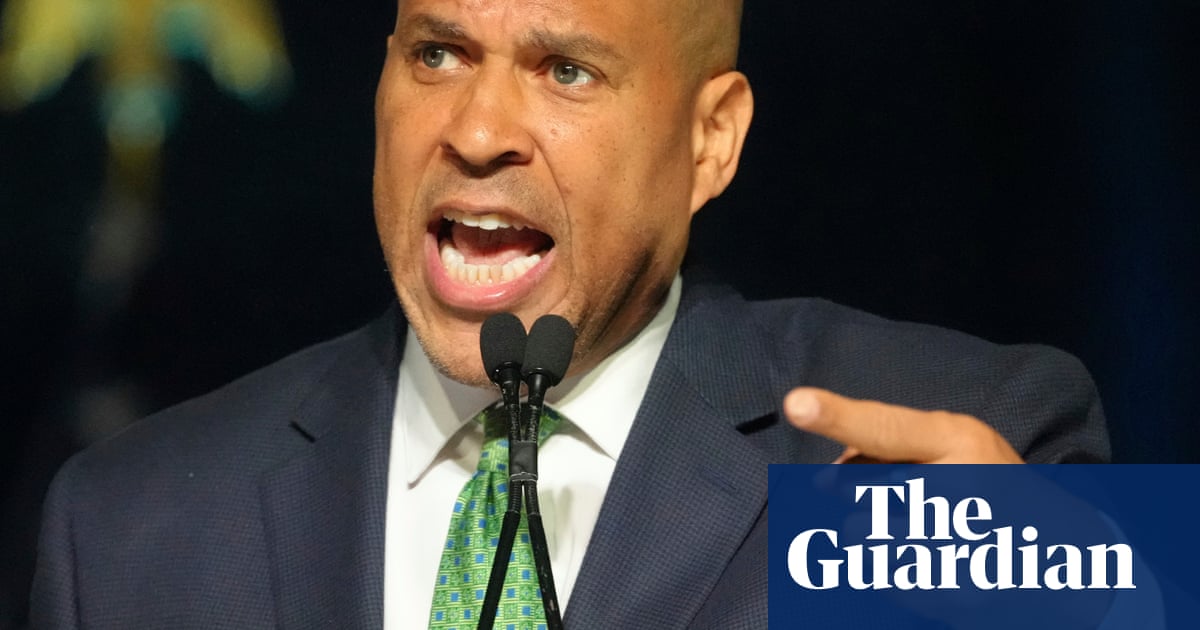The US Senate has confirmed Kash Patel as the next FBI director, handing oversight of the nation’s premier law enforcement agency to an official who has declined to explicitly say whether he would use his position to pursue Donald Trump’s political opponents.
Patel was narrowly confirmed on Thursday in a 51-49 vote, a reflection of the polarizing nature of his nomination and what Democrats see as his unwillingness to keep the bureau independent from partisan politics or resist politically charged requests from the president.
Notably, at his confirmation hearing, Patel refused to commit that he would not use his position to investigate officials he portrayed as Trump’s adversaries in his book, and affirmed that he believed the FBI was answerable to the justice department and, ultimately, the White House.
Patel’s responses suggest that his arrival at FBI headquarters will usher in a new chapter for the bureau as a result of his adherence to Trump’s vision of a unitary executive, where the president directs every agency, and willingness to prioritize the administration’s policy agenda.
That objective to implement the Trump administration’s mandate has already taken hold at the justice department, which oversees the bureau and last week forced through the dismissal of corruption charges against Eric Adams, the New York mayor, in order to get his help to deport undocumented immigrants.
The greatest challenge for recent FBI directors has been the delicate balance of retaining Trump’s confidence while resisting pressure to make public pronouncements or open criminal investigations that are politically motivated or that personally benefit the president.
Patel is unlikely to have difficulties, such is his ideological alignment with Trump on a range of issues including the need to pursue retribution against any perceived enemies like former special counsel Jack Smith and others who investigated him during his first term.
The new leadership at the FBI also comes as questions about the far-reaching nature of his loyalty to Trump remain unresolved. At his confirmation hearing, Democrats on the Senate judiciary committee tried in vain to elicit answers about his role as a witness in the criminal investigation into Trump’s mishandling of classified documents.
During the investigation, Patel was subpoenaed to testify about whether the documents the FBI seized at Mar-a-Lago had been declassified under a “standing declassification order”, as he had represented in various public comments at the time.
The Guardian reported at the time that Patel initially declined to appear, citing his fifth amendment right against self-incrimination. He later testified after the chief US district judge in Washington authorized Patel to have limited immunity from prosecution, which forced his testimony.
That loyalty, to resist federal prosecutors, endeared him to Trump and is understood to have played a factor in him ultimately getting tapped for the FBI director position after Trump struggled for weeks to decide who he wanted at the bureau, a person familiar with the matter said.
Patel ultimately clarified, in something of a partial admission under close questioning from senator Cory Booker, that although he witnessed Trump issue a declassification order for some documents, he did not actually know whether they applied to the documents found at Mar-a-Lago.
Democrats have unanimously considered Patel’s track record in the first Trump administration, his incendiary remarks criticizing the bureau he was nominated to lead and more generally his role in the classified documents case to be disqualifying.
When Trump tapped Patel last year, Democrats largely believed it would lead to a backlash that would sink his nomination. No resistance ever materialized, in part because Patel was less controversial than some of Trump’s other nominees, such as Pete Hegseth for defense secretary.
Patel was formerly a public defender in Florida before joining the justice department in 2014 as a line prosecutor in the national security division.
In 2017, Patel became a top Republican aide on the House intelligence committee, where he authored a politically charged memo accusing the FBI and the justice department of abusing surveillance powers to spy on a Trump adviser. The memo was criticized as misleading, though an inspector general later found errors with aspects of the surveillance.
His efforts impressed Trump, who brought him into the administration and quickly elevated him to national security and defense roles. By the end of Trump’s first term, he was the chief of staff to defense secretary Chris Miller and briefly considered for CIA director.
While John Durham, the special counsel appointed by Trump, found a catalog of mistakes by prosecutors in the Russia investigation, he found no evidence that officials had been motivated by political animus and brought no charges – contrary to claims by Trump and Patel.

 3 months ago
60
3 months ago
60

















































